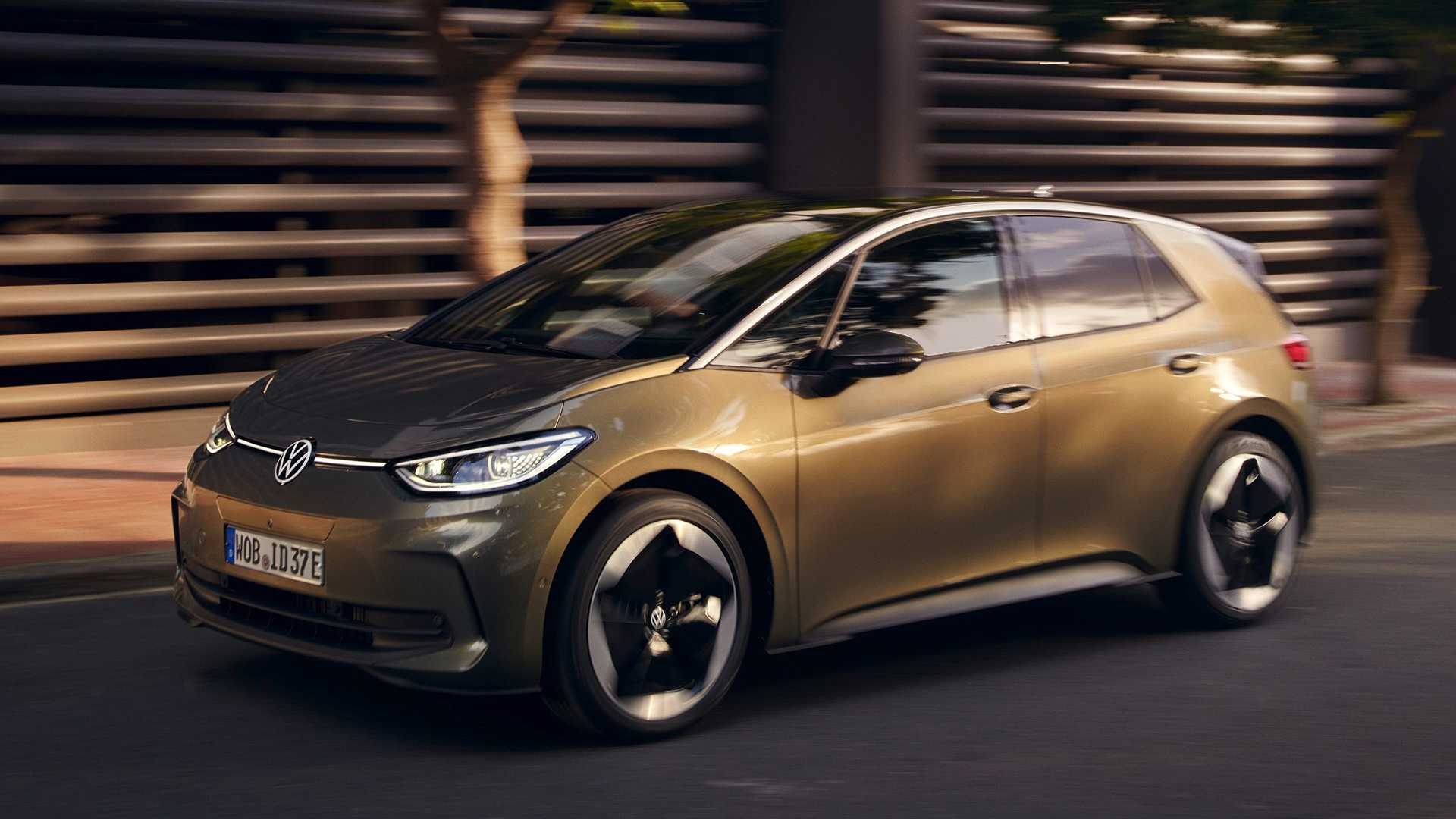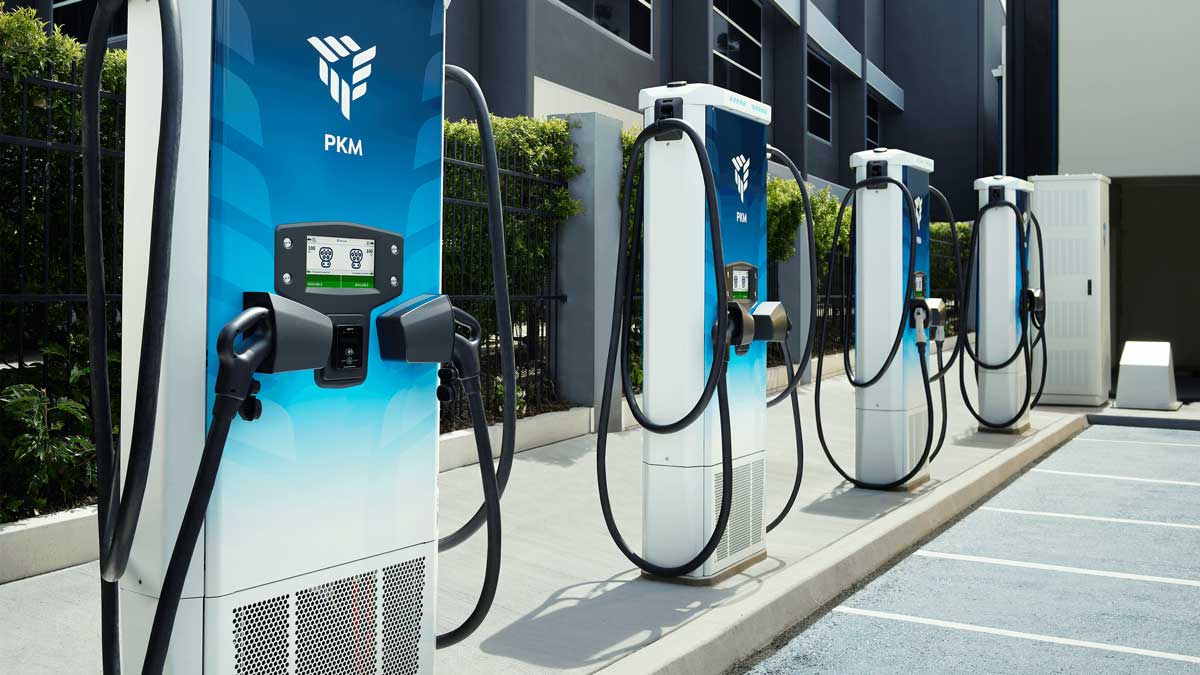Volkswagen, the renowned automotive manufacturer, is encountering difficulties with demand for its electric vehicle (EV) models in Europe. Reports suggest that incoming orders for private customers in Germany are significantly below the projected targets for the year.
Insider sources from dealer circles initially shared this news with the German publication Handelsblatt. All battery-electric models under the Volkswagen brand, including the ID.3, ID.4, ID.5, and ID. Buzz, are experiencing a decline in orders. A spokesperson for Volkswagen confirmed to the business newspaper that the company is currently facing a general reluctance to purchase electric cars, a challenge also affecting other automakers.
The insider’s statements align with the latest information available. In late June, it was reported that Volkswagen would temporarily reduce electric car production at its Emden plant. A Volkswagen spokesperson informed electrive editors in June that the delivery time for ID. family models currently ranges from two to three months, depending on the specific configuration. The spokesperson added that customers opting for preconfigured vehicles may receive their cars even sooner. As no production increase has been announced for the MEB plants, it is reasonable to attribute the reduced delivery time to decreased demand.
Additionally, the Handelsblatt report cites data from Marklines, a data service provider. According to Marklines, Volkswagen manufactured 97,000 units of its ID. models in Europe from January to May, but only sold 73,000 of them. In comparison, Tesla sold over 100,000 units of its Model Y during the same period.
Furthermore, competition in the EV market is intensifying. Competitors like the MG4, a direct rival to Volkswagen’s ID.3, recorded approximately 23,100 registrations in Europe between January and May. Meanwhile, the VW ID.3 achieved just under 28,000 registrations in the same period. Marklines also reported that 36,500 units of the ID.3 were manufactured. Despite the optimistic prospects for the ID. Buzz, it is unlikely that Volkswagen will meet its targets. The report suggests that the underwhelming demand is causing concern for the company’s top executives. Between January and May, around 9,000 units were built in Hanover, of which only 5,577 were registered in Europe. The initial plan was to manufacture approximately 44,000 ID models throughout the year, including the Buzz variant. Given the situation from January to May, this target seems out of reach for Volkswagen.
Several dealers interviewed by Handelsblatt attributed the hesitance of private customers to reduced electric subsidies, high inflation, and relatively high prices for Volkswagen’s EVs. However, it’s not just electric cars facing declining orders; combustion models are also experiencing a clear decrease in demand, according to dealers.
When Volkswagen reported its 2022 delivery figures in January, the brand stated that it had received approximately 640,000 customer orders across all drive types in Europe. However, according to Handelsblatt, incoming orders now amount to approximately 650,000 vehicles. The report further notes that existing orders are diminishing faster than anticipated due to an insufficient number of new orders, particularly in the battery-powered vehicle segment. Executives from affected plants have reportedly stated that demand for certain EV models has dropped to zero in some cases. Consequently, dealers estimate that existing inventory could be depleted by autumn if no new orders are received.
On a positive note, the key account business remains largely on schedule. Fleet sales, therefore, contributed to a 16 percent increase in registrations for the Volkswagen brand during the first half of 2023.







